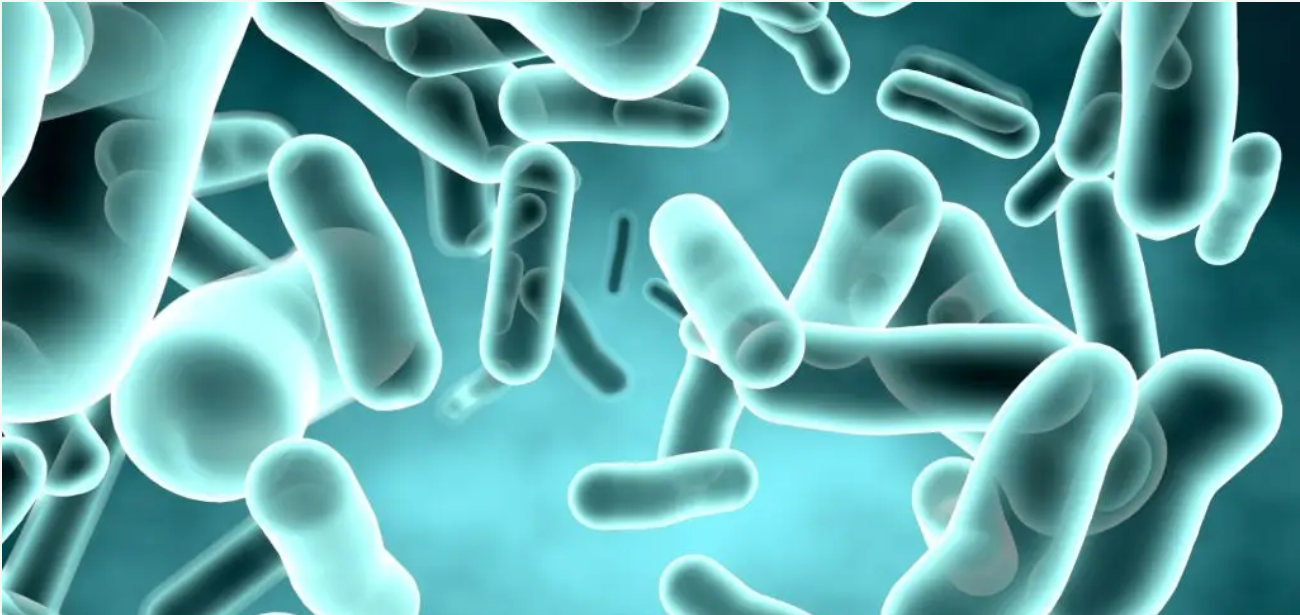
In 1989, Fuller believed that: Traditional Chinese medicine preparations of live microbial strains that can promote the diversity of beneficial bacteria in the intestine and play a beneficial role on the host can be called probiotics. The definition of probiotics was changed at a conference held in France in 1994: Probiotics are considered to be bacterial products containing live bacteria and/or dead bacteria including their compositions and substances, which are administered orally or through other mucosal methods for the purpose of Improving the balance of microbial strains or enzymes on mucosal surfaces or stimulating non-specific or non-specific immune systems.
A satisfactory probiotic must have the following criteria:
(1) A purely natural strain that comes from the intestines of normal humans, has a well-established biological location, and has not been decorated by any genetic engineering.
(2) It can resist the effects of gastric juice and gastrointestinal digestive enzymes and enter the lower part of the human digestive system.
(3) Ability to adhere to intestinal epithelial cells and surface mucosa.
(4) It can colonize in the human intestine for a certain period of time and naturally disappear from the human body after cessation of consumption.
(5) It can be metabolized to produce selective antibacterial chemicals, but it does not have the gene for milk efficacy.
(6) The physiological effect of promoting human health has been strictly verified by human body and clinical trials (Placebo-controlled, Double blind method)
(7) The safety factor has been strictly certified.
(8) It is suitable for product production, maintains survival and stability during the entire process of product production and circulation, and the taste can be accepted by ordinary consumers.